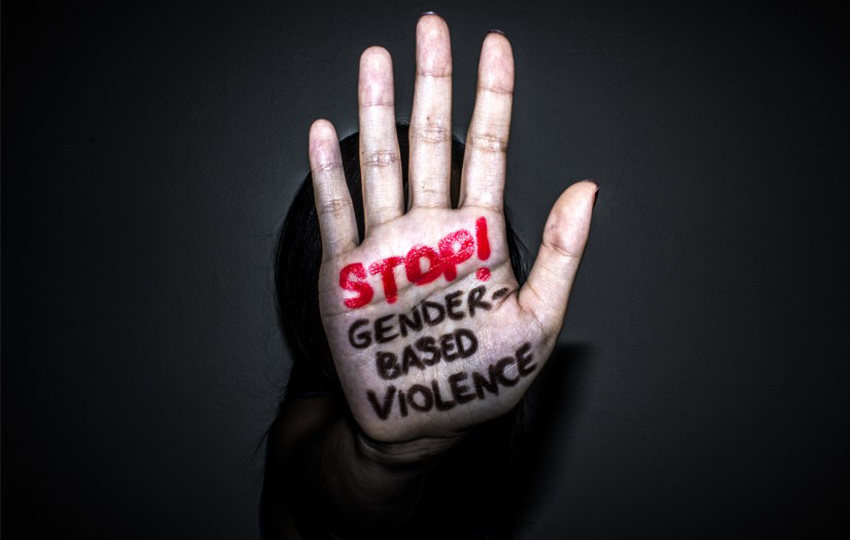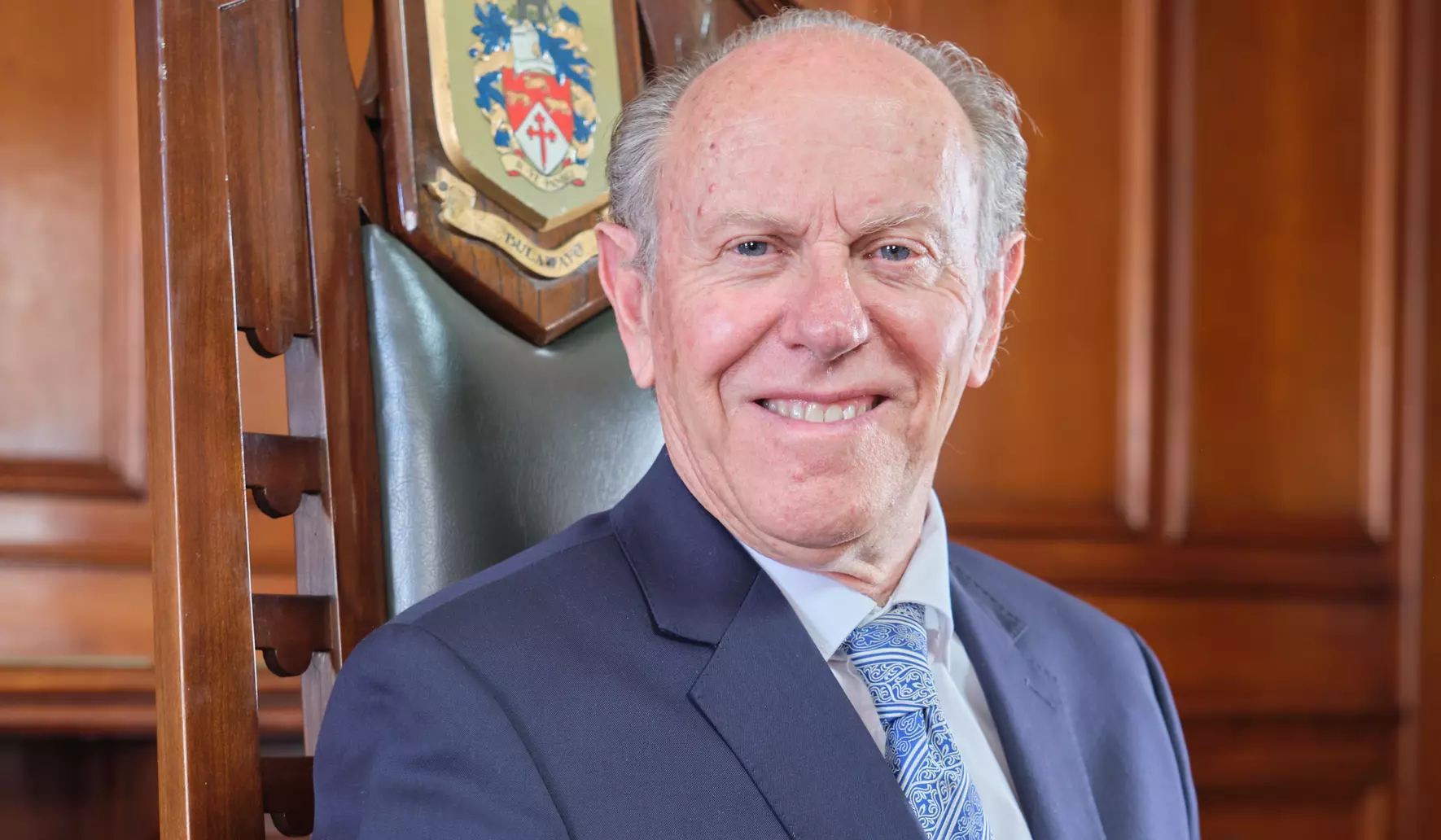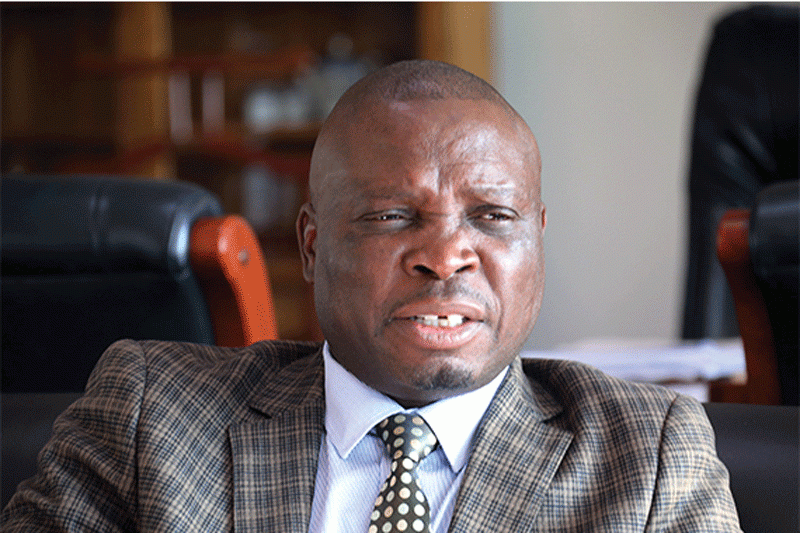Martha Mukunga looks distraught as she waits for her turn to be assisted at a health outreach point at Matanda business centre in Shamva district.
She has never received this doorstep service since the time she was diagnosed with diabetes three years ago.
For many years Mukunga and many other villagers in the Matanda community have had to endure long distances to access healthcare.
“We travel 15km to Chakonda Clinic for health services,” she said.
“It becomes dire for us who would be having chronic diseases and in my case, l suffer from diabetes and high blood pressure.”
According to the World Health Organisation (WHO), chronic diseases kill 41 million people each year, equivalent to 74% of all deaths globally.
Keep Reading
- Toxic smoke chokes Karoi residents
- Co-operate to curb malaria, Mash West farmers urged
- Experts bemoan shortage of mental healthcare professionals
- Zim pilots new HIV drug
Each year, 17 million people die from a chronic disease before age 70; 86% of these premature deaths occur in low- and middle-income countries.
Limited access to health services is among the major causes of premature deaths.
“If it is not the fact that l got support from my family who took me to Shamva district hospital and later Makumbe Mission Hospital, l could have died,” Mukunga said.
“People suffering from chronic diseases are disadvantaged, especially when they cannot access health care.”
Mukunga, a mother of four, is among scores of people from Shamva and Mazowe districts in Mashonaland Central province benefiting from the integrated immunisation project being implemented by the Health and Child Care ministry with support from the Zimbabwe Red Cross Society (ZRCS).
The project, which is being facilitated by the International Federation of Red Cross and Red Crescent Societies and funded by the USAid’s Bureau for Humanitarian Assistance, brings healthcare services to the “doorsteps” of villagers through outreach programmes.
“I am happy to be here to be tested and get treatment in my village,” said Mukunga.
“This is the first of its kind and we pray that the powers continue rolling similar programmes that bring health care services to the people.”
Mukunga said when she was diagnosed with diabetes she thought her life was doomed considering the distance she had to travel to the nearest health centre.
“I told myself that l was going to die in the case that I am attacked by diabetes,” she said.
“Alas, we prayed and a donor in the form of the Red Cross is working with our government to close the gap.
“We just hope that the authorities accelerate the release of funds to complete this clinic.”
Pellosta Chagonda (32) of Village 1, Matanda said she was forced to skip immunization of her child.
“I failed to take my daughter for immunisation at 10 weeks because of the distance l had to travel to Chakonda Clinic,” she said.
“She was immunized with BCG and l wish that this outreach programme continues.
“It costs US$2 to go to Chakonda and you will need another US$2 to come back and where do you get that money from?”
Chagonda said many children in her community were not immunised as they had over the years been compelled to travel long distances to the nearest health facility.
Fungal Mangwiro (78) from Logen village in ward 18 said he could not walk, hence he sought services at an outreach point.
“My legs and my joints are in pain and l can't walk to Wadzanayi Clinic for services,” he said.
“In the absence of health facilities, the government should continue with these outreach programmes as they bring services close to the people.”
Gertrude Kagogonda, who was diagnosed with cancer of the heart in 2019, applauded the government and ZRCS for such a move.
“We are yet to get a hospital here, but this outreach programme is most welcome, especially by us suffering from cancer,” she said.
“Healthcare services should be at the fingertips of communities.”
Kagogonda said she has to fork out US$30 every month to buy medicines.
“My husband has been my pillar of strength when it comes to supporting me, but l feel these outreach programs should augment such heroes’ efforts by bringing services to the people,” she said.
“We need healthcare services closer where we get treatment and counselling.”
Lucia Nengoma from Kamudyariwa village said it was disheartening that most expecting mothers were not registering for prenatal care services.
“It’s a long distance to get to Madziwa Hospital and most pregnant women cannot endure such long distances to register for prenatal services,” Nengoma said.
“Even some are skipping immunisation programmes due to long distances.
“We want a situation where we have these outreach programmes frequently.”
Village health worker in Mutukwa village, ward 7 Erita Mashave attributed low vaccine intake and prenatal services to distant health facilities.
“The health facility is far way for many and they end up skipping immunisation programmes, but if we have a situation like this people come in their numbers,” she said.
“We work with our health personnel at the clinic and when we have situation like this, we go out there and mobiles villagers.
“We always engage villagers on various government programmes related to health and we encourage practicing proper hygienic activities.
“As of pregnant mothers, we encourage them to register for prenatal care.”
Traditional and community leaders appealed for the construction of health facilities in their communities.
“When it comes to health centres we are lagging behind, but if we manage to complete this facility at Matanda in time that would be commendable,” said Emmanuel Chiyangwa, councillor for ward 27 (Matanda).
“Government supported the building of this facility through the devolution funds and we are once again appealing them to come back and complete the project.”
Chiyangwa expressed excitement over the outreach programme, saying it would go a long way in addressing challenges faced by his community.
“We don’t want a situation where people die from curable diseases or some die prematurely due to chronic diseases,” he said.
“We want people to access health services from close facilities.
“We have a situation where villagers are forced to travel 30km to access health services.”
Ward 17 councillor Tamai Talent Zvidzai said their situation was exacerbated by the fact that his ward was “on an island”.
“It’s very difficult to access health services when it rains,” he said.
“We are surrounded by big rivers, which make lives difficult when it rains and floods.
“We have a situation where a newly born baby was washed away along Pote River after the mother tried to cross the flooded river; since then that child has not been recovered.
“These kinds of outreach programmes are good as they bring services closer and prevent risks of crossing flooded rivers or travelling to Wadzanai Clinic in Shamva town.”
Chiyangwa said his goal was to refurbish some facilities in the area and turn them into health centres.
ZRCS secretary-general Elias Hwenga said the intervention was meant to integrate childhood diseases immunisation with combating preventable diseases.
“The project has objectives that include improving the comprehensiveness of vaccination approaches as well as generating, analysing and using evidence,” he said.
“We are also reinforcing knowledge, local capacity and local solutions while at the same time we are strengthening coordination and advocacy.”
Hwenga, whose organisation is working with the Health ministry, said they were also scaling up quality services and health worker support.
He said ZRCS was supporting the outreach programmes logistically.
“We are also embracing traditional and community leaders in all these programmes, while at the same time we are working with village workers to mobilise villagers,” Hwenga said.
“People who have been walking long distances to access health services are now getting them closer to home.
“Pregnant mothers are also taking advantage of these outreach programmes to register for prenatal care services.”
Health expert Johannes Marisa said failure to access health services for chronic diseases was disastrous.
“It’s very risky and a threat to life if you don’t get proper medical care on time if you suffer from chronic diseases,” he said.
“Remember we are talking about diseases like diabetes, HIV and Aids and high blood pressure, which are very dangerous.”
Marisa said regular integrated checks for chronic disease and their risk factors were essential elements of normal health care.
Community Working Group on Health executive director Itai Rusike said outreach programmes were critical, particularly in marginalised communities.
“It is imperative that health outreach programmes are strengthened and supported by ensuring that health services are available in remote locations and the hard-to-reach areas so that health for all is provided to all the people of Zimbabwe and indeed leaving no one and no place behind as per the government's new mantra,” he said.
“Some Zimbabweans still walk over 30km to the nearest health facilities especially in remote locations, farming and resettlement areas defeating the noble concept of a clinic within every 10 km radius.
“Some are transported in wheelbarrows and scotch-carts, either because there are no ambulances, or service vehicles, and if available it has no fuel, or the roads are impassable.”
Rusike said the government must prioritize a comprehensive reform of the health delivery system through strengthening of primary health care to achieve Universal Health Coverage and the Sustainable Development Goals by 2030 and thus realise the National Development Goals.





